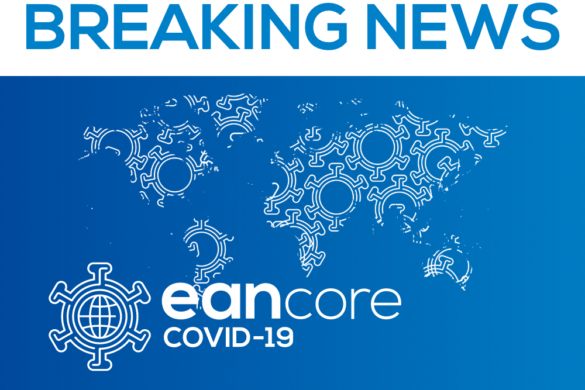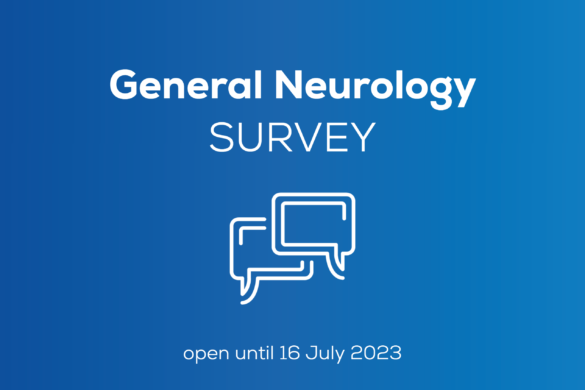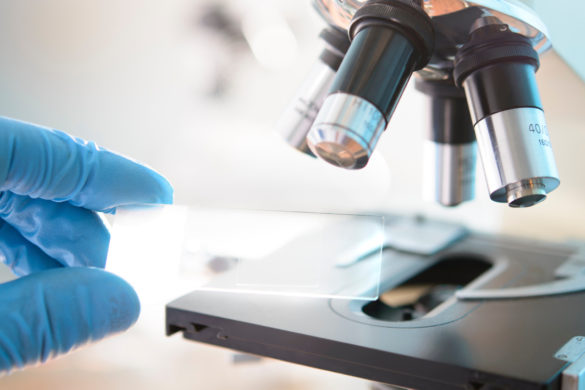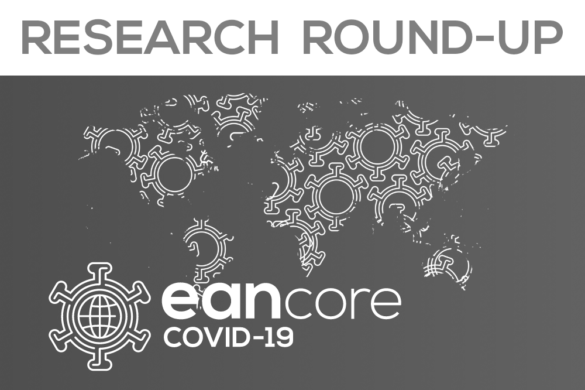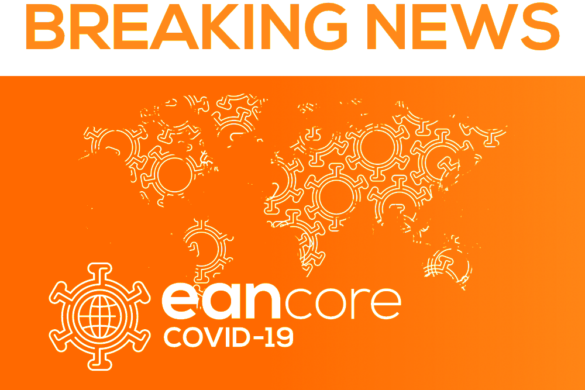The EAN Scientific Panel Neurogenetics met during the recent EAN congress in Amsterdam. Co-chairs Thomas Klopstock from Germany and Jean-Marc Burgunder from Switzerland welcomed the participants, with a special greeting of representatives from EFNA (Cathalijne van Doorne, vice president) and EHA (Bea De Schepper, past president).
The co-chairs report from the meeting of the panel chairs. Problems in communication were recognized and procedures for improvement, including time-lines, have now been put in place. The low acceptance rate of proposals was discussed, reasons include the low number of available slots. As a consequence, it seems reasonable to concentrate on a few proposals in the future. Some of them should be in collaboration with other panels.
Panel members Josef Finsterer and Karolina Dziezyc report from the workshop on guidelines which took place on March 19-20, 2017, at the EAN headquarter in Vienna. The goal of the workshop was to provide scientific support and to familiarise EAN scientific panels and task forces with the methodology to produce clinical practice guidelines. This is of utmost importance since one of the major goals of the EAN is to standardise procedures concerning diagnostic work-up, counselling and treatment. The summary of our panel members was very useful to increase knowledge in the panel, which will be useful for future guideline work.
A discussion was held about guidelines, expert opinions and best practice parameters. The strict procedure for guidelines makes it difficult in the context of genetic diagnosis. Therefore, we may want to work on expert opinions and best practice procedures by using other methodologies as the GRADE system. This one would of course still be valid for the exploration of evidence for treatment guidelines. We decided that we should engage many members of the panel for this work and that we should cooperate with other panels to create joint guidelines. There is a lot of synergy of this work with our work in the European Reference Networks (ERNs) and in other bodies (eg, mitochondrial community), and we should try to use these synergies, i.e. writing one guideline, using it for several purposes. Several suggestions for guidelines/expert opinions were discussed, including diagnosis and management of Wilson’s disease as well as mananagement of mitochondrial epilepsy and stroke-like episodes. There is also a need to work on an expert opinion about next generation sequencing in neurology. A discussion was also held about the previous set of 5 guideline papers on diagnosis of neurogenetic disorders, whether they should be revised or whether single papers should be prepared with specific subspeciality panels. Further work and expert opinion formulation projects may include genetic testing (panel, exome, genome) as well as guidance on how to report chance findings and genetic modifiers.
Regarding the EAN congress 2018 in Lisbon, the panel is happy about the overarching theme “Neurogenetics”. The panel chairs will consult with the local organizing committee and the EAN programme committee to set up an interesting programme.
by Thomas Klopstock1,2 and Jean-Marc Burgunder2,3
1 Department of Neurology, Friedrich-Baur-Institute, Ludwig-Maximilians-Universität München, Munich, Germany
2 Department of Neurology, University of Bern, Switzerland
3 EAN Scientific Panel Neurogenetics






